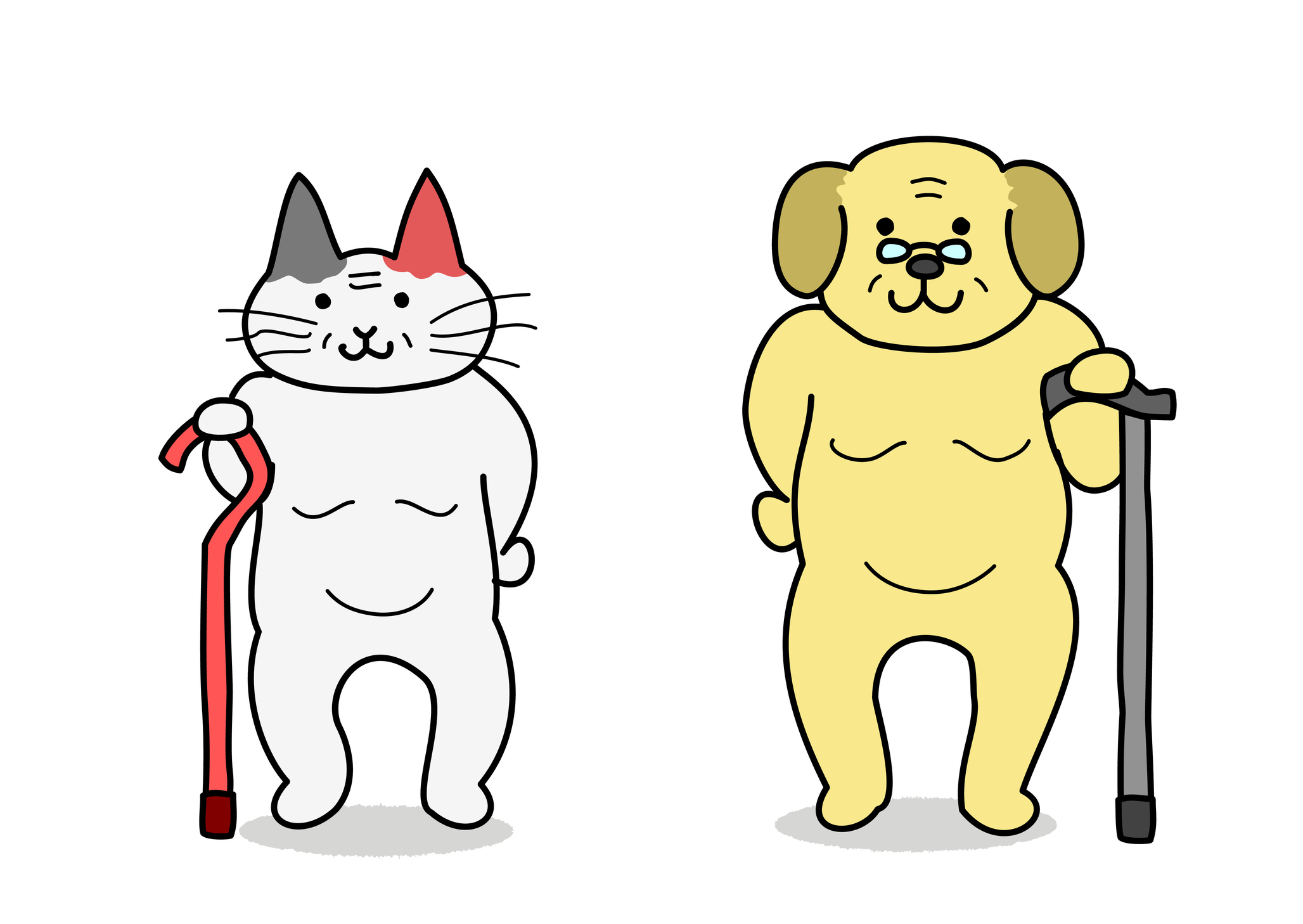
Managing Stress Levels in the Veterinary Profession
Did you know that stress levels for veterinarians are traditionally higher than that of the general population?
Unfortunately, many veterinarians experience significantly higher levels of psychological distress, work-related anxiety and depression. Many vets are also at risk of burning out after prolonged periods of physical and mental stress.
According to a report by the Australian Veterinary Association, “the results of the survey indicate that veterinarians are less stressed compared to previous conferences”.
Today we’re going to provide some resources and support to help veterinary staff to manage their stress levels.
Why Do Veterinarians Suffer with Higher Stress Levels?
According to former Australian Veterinary Association President Helen Jones, it is the combination of the nature and the sheer volume of veterinary work that leads to stress and burnout in vets.
Dr. Lin Fritschi, from the Western Australian Institute for Medical Research, agrees.
“Anecdotally, veterinarians have a stressful job, dealing with sick animals, upset owners, and the challenges of managing a small business. We found that the average levels of distress were about the same as other professional groups such as doctors. About a third of the vets, especially new graduates, had quite high levels of stress, anxiety and depression”, says Dr. Fritschi.
Why is Burnout So Common for Australian Vets?
At least one-third of Australian veterinarians have reported poor psychological health – a significant percentage of the industry. Younger veterinarians are more likely to be psychologically affected than more experienced veterinarians, with burnout becoming very common.
Burnout occurs when we push ourselves to continue, ignoring the signs of chronic stress. When left untreated, anxiety and depression places enormous stress on our bodies, leaving us physically, emotionally, mentally and adrenally exhausted.
It can create symptoms and problems such as extreme fatigue, headaches, chronic musculoskeletal problems, insomnia, cognitive impairment (such as memory loss), and hypervigilance. It can also take its toll on your professional life, impacting on your work productivity and result, absenteeism, substance abuse and relationship breakdown. In the worst case scenario, sufferers can become suicidal, and this is unfortunately a high statistic in the vet industry.
As Helen Jones says, “vets do work so hard, especially rural vets. Some have real problems coping when the phone constantly rings, especially in one-person practices. People are dependent on veterinarians – particularly rural veterinarians – and the vets feel responsible, so I think they take the world’s problems on their shoulders.”
More Resources for Australian Vets
It’s important for veterinary schools to provide training and facilities to improve the psychological well-being of veterinarians and possibly reduce the rate of burnout within the profession.
If you’re suffering from stress, anxiety or burnout, you are not alone – the Australian Veterinary Association telephone counselling service provides 24/7 access to qualified counsellors.
You can also use this service if you think one of your veterinary colleagues may be in trouble. They will provide sensible advice about the best way to help. Call 1800 337 068 for confidential, professional assistance.



